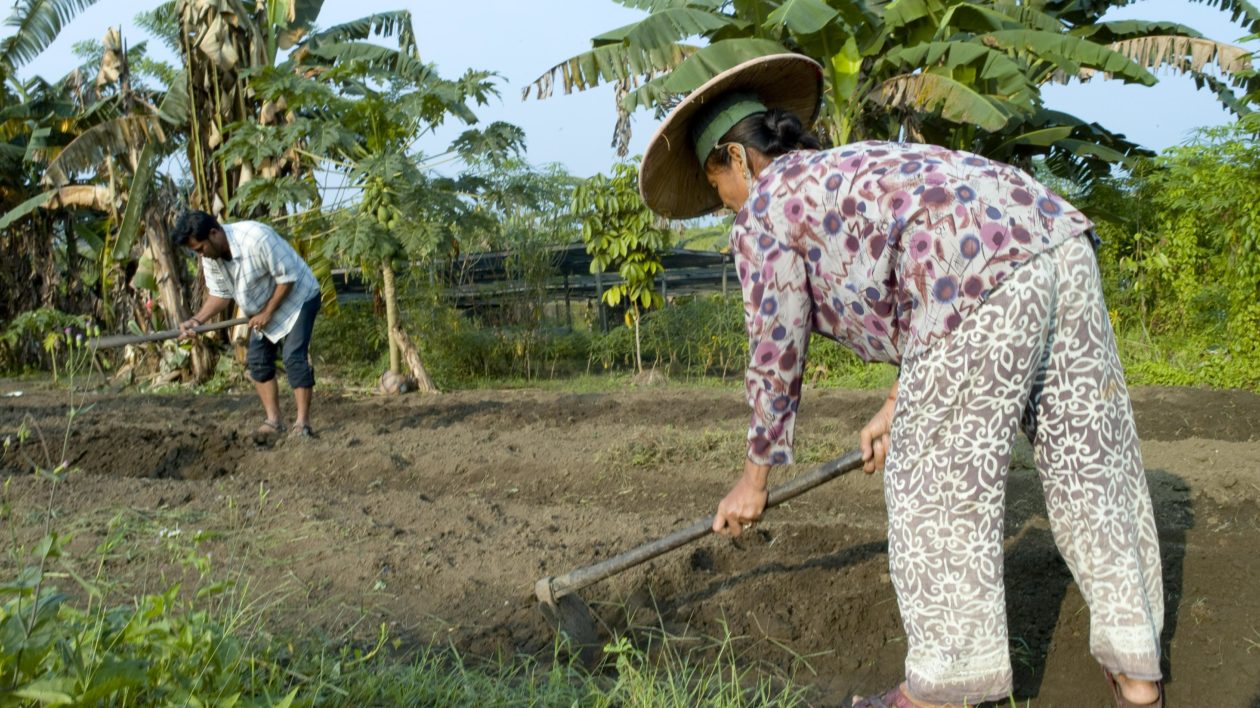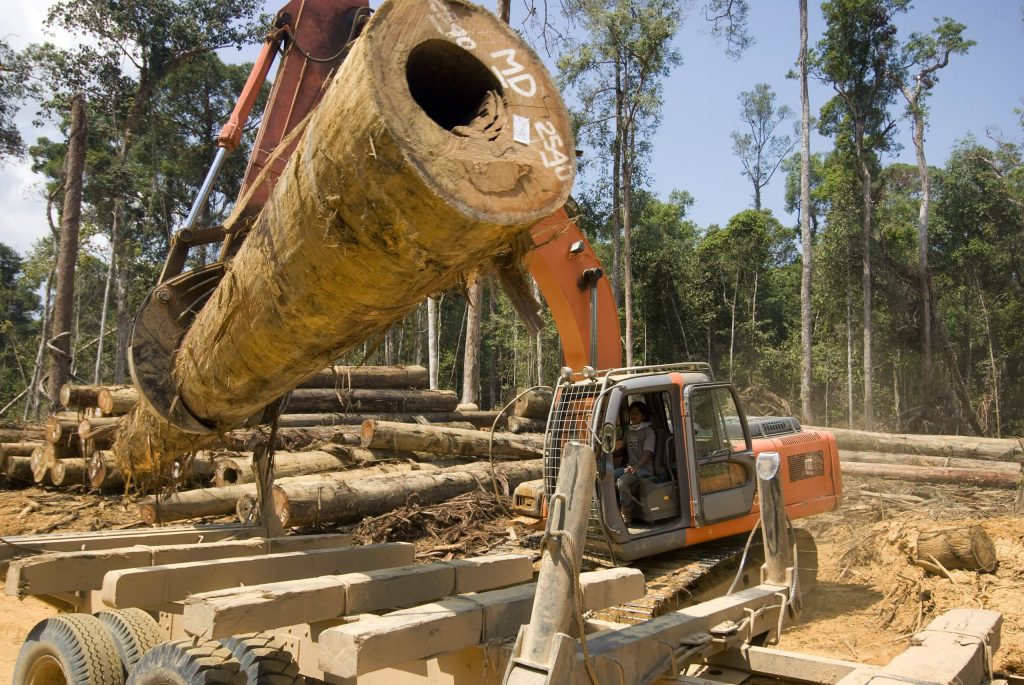Deforestation causes dramatic increases in local temperature. New research shows that the associated heat exposure is harming the cognitive performance of rural subsistence workers.
The Gist
The study, published in Environmental Research Letters, estimates the short-term effects of heat exposure from working in deforested areas on cognitive performance on rural workers in Berau, Indonesia.
Workers in both forested and deforested areas completed validated cognitive and memory assessment tests after just 90 minutes of physical labor. The typical workday in the study villages averages 6.5 hours, suggesting impacts could be far worse.
Participants in deforested settings — where temperatures were between 2.1 and 10 degrees Celsius higher — had statistically significant lower scores on both tests. Male participants, and those working after noon, were most affected.
“Our study is the first to experimentally test whether working in deforested environments can cause adverse effects on cognitive performance through hotter thermal environments,” says Yuta Masuda, a sustainable development and behavioral scientist at The Nature Conservancy (TNC) and lead author on the research. The study is part of a collaboration between scientists from Mulawarman University, University of Washington, and University of California San Diego, and TNC.

The Big Picture
Previous research found that industrial-scale tropical deforestation is causing local warming greater than what scientists predicted for more than a century of climate change under a worst-case emissions scenario. The larger the patches of deforestation, the greater the increase in local temperatures.
These trends are especially concerning because tropical countries experience both high rates of deforestation and a large workforce of rural, subsistence laborers. Many tropical countries already face heat and humidity that exceed thresholds for human safety. Workers facing prolonged exposure to high temperature can experience heat stress or heat illness, which can weaken the immune system and exacerbate chronic illnesses over time. Yet little prior research existed on the role of land-use change on heat exposure and human health.
The Takeaway
The impacts of heat exposure through deforestation “provide a troubling preview of what climate change will bring if we do not act quickly to mitigate emissions,” says co-author Nick Wolff, a climate change scientist at TNC.
Rural Indonesians are already noting the absence of forest cooling services and changing their behavior to avoid adverse impacts from increasing temperatures. But exposure to extremely hot environments may be inevitable for those working in areas with high rates of deforestation.
As cognitive performance declines, the risk for serious injury grows. Rural workers in Berau regularly use implements, like machetes and plows, that could cause injury. “Healthcare access is often far away, and households tend to be less economically resilient, so if the primary worker/breadwinner has significant injury that can threaten the well-being of the entire household,” says Masuda.
“We hope that the study provides additional motivations for carefully thinking about how different land-use patterns can impact people’s well-being,” says Masuda, “especially those that are most vulnerable to the effects of environmental and climate change.” “We clearly need to be smarter about landscape planning so that we can meet the economic needs of rural workers without sacrificing their health and the important services provided by healthy forests,” adds Wolff.




Join the Discussion